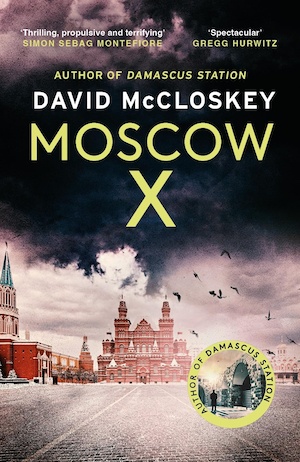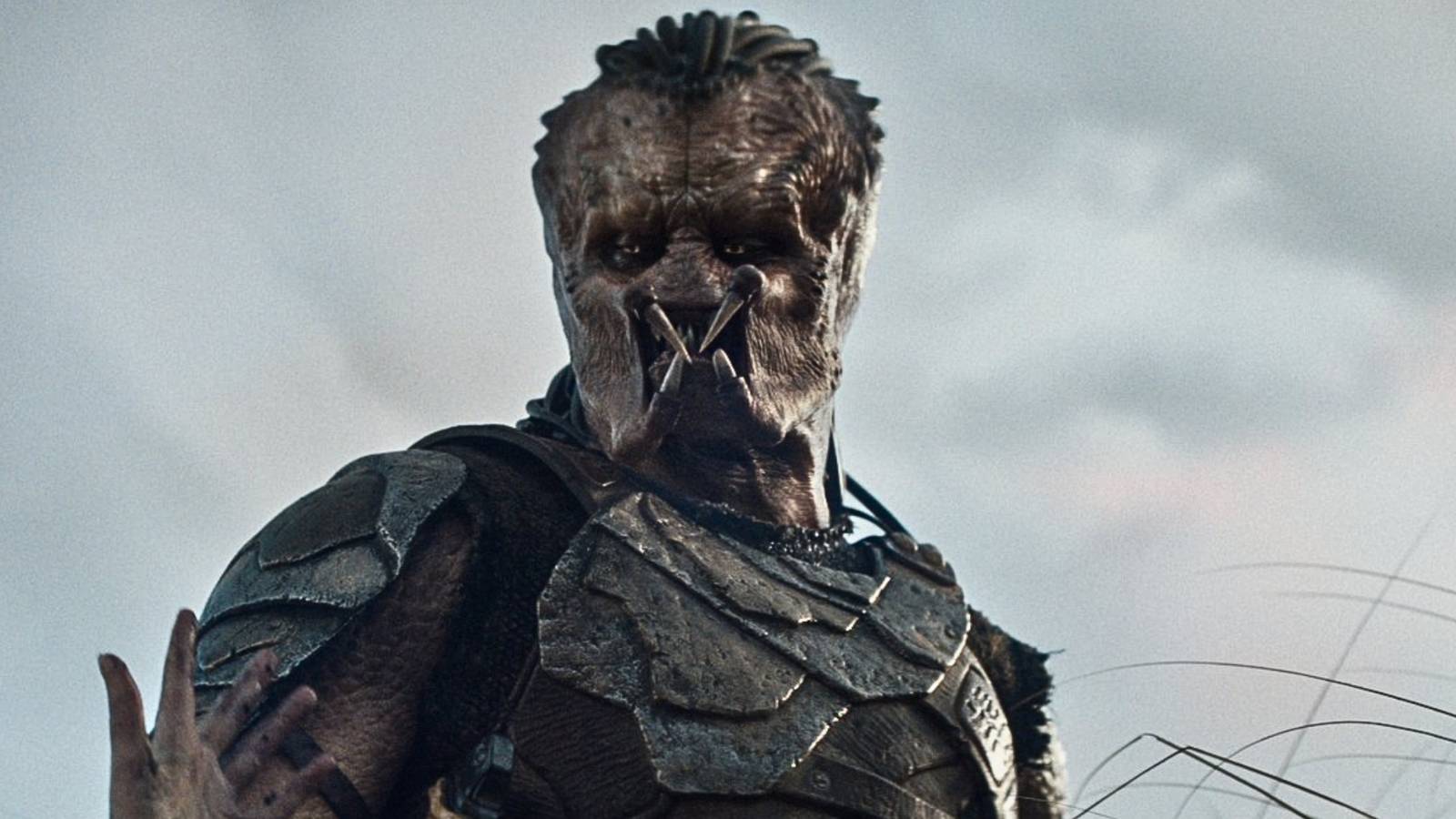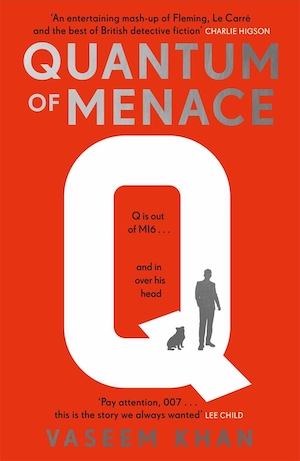Two months ago, this reviewer could not have imagined that a feminist history of modern Russia would become one of his favorite books of the year. But that’s exactly what Julia Ioffe’s powerful, illuminating Motherland: A Feminist History of Modern Russia, From Revolution to Autocracy is.
Ioffe’s exploration begins with Bolsheviks’ seizure of power in October 1917 and continues to present-day Russia under the autocratic Vladimir Putin. Thick with eye-opening accounts of Russian women’s lived experience, Ioffe’s history follows two interwoven pathways.
The first is personal. Ioffe and her family fled the Soviet Union and settled in the U.S. when she was 7 years old. Her mother, her grandmother and her great-grandmother were all physicians. In the early years of the Revolution, a woman physician was a sign of Bolshevik egalitarianism. In later years when Russian doctors were 70% female and the work was considered woman’s work (along with standing in food lines and payment lines, cooking, cleaning and child-rearing), it came to represent something quite different: the durability of women and the absence of men in home life. Ioffe’s family is Jewish, which adds another layer of experience and wartime trauma to her account.
The other narrative thread spools out in a succession of brief, riveting biographies of the Soviet Union’s first ladies. Lenin and his wife, Nadezhda Krupskaya, who lived in a third-floor walk-up in the Kremlin with his sister Maria, had a seemingly close intellectual and political relationship committed to egalitarian rule. Stalin’s second wife died by suicide, leaving their daughter, Svetlana, to become Stalin’s “little mistress of the house” while he conducted the Great Terror, sending millions (including women) to the gulags or to their deaths—and left his daughter’s life in shambles.
After graduating from Princeton, Ioffe returned to Russia and worked as a journalist. She knew and was sometimes critical of Alexei Navalny, the murdered leader of the opposition to Putin, and here writes of the very close marital and political partnership he had with his wife and likely successor, Yulia. The Navalnys’ relationship sits in telling contrast to that of Putin and his now ex-wife, Lyudmila, who Ioffe calls “his obedient subject, his first before he acquired 143 million more.” Putin had no love for Lyudmila and may never have married at all were it not implicitly required by his KGB superiors. Putin now espouses a kind of immature, performative manliness dependent on the subjugation of women that has a growing appeal among American Christian nationalists.
And this is just scratching the surface. Motherland is deeply informative, assiduously researched and beautifully written—an exhilarating read.









